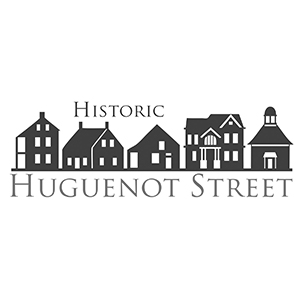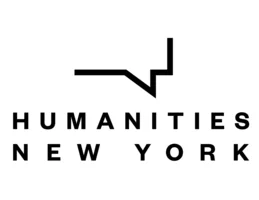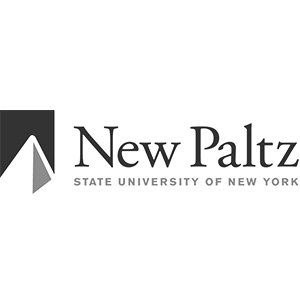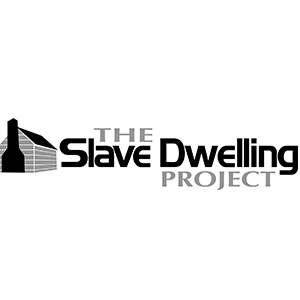Reclaiming Our Time
On Juneteenth 2017, five participants and living historian and board member of The Slave Dwelling Project, Terry James, participated in an immersive site-based TMI Project true storytelling program. The workshop began with an overnight stay in a preserved cellar kitchen on Huguenot Street in New Paltz, NY where enslaved Africans once lived.
The Slave Dwelling Project raises awareness about enslaved Africans’ history by organizing overnight stays at sites where they once lived. Historic Huguenot Street, a national landmark in New Paltz, New York, comprises seven stone houses from the 18th century that were inhabited by Huguenot settlers fleeing religious persecution in France.
During this collaboration, the participating TMI Project storytellers–Victory Ritter Snow, Dara Lurie, Freedom Walker, Tameka Ramsey, and Micah were led through writing workshops before, during, and after the overnight experience. Terry James provided context for and education about the experience. The resulting production, “Reclaiming Our Time,” was performed live at the Reformed Church of New Paltz on Saturday, Sept. 16, 2017, and was the recipient of the 2017 Awards of Excellence from Greater Hudson Heritage Network, which recognizes creative vision in the preservation of the history, culture, and diversity of the region.
Resources/Links
Podcast
A special bonus episode of our award-winning podcast The TMI Project Story Hour features the recording from the live performance. You can listen to it here or wherever you get your podcasts.
Storytellers
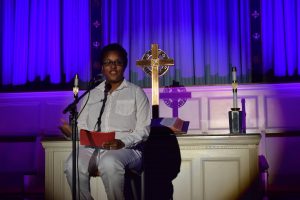
Victory Ritter Snow
“Growing up, I played in the Huguenot Cemetery as a child. We came here on field trips. As we walk toward the celebration, I try and remember what I know about this place. Did I ever learn about the history of the Huguenots? Yes, I remember that. Did they talk about slavery in reference to the Huguenots? No, I have no recollections of that.”
Victory Ritter Snow was born and raised in the mostly-white New Paltz, NY, where she wasn’t exposed to the history of slavery in the Hudson Valley, nor did she ever ask herself the question, “How do you move forward without knowing where you come from?”
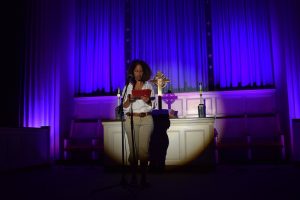
Dara Lurie
“Tameka asks Terry if he has a particular ritual when he does the overnights in slave dwellings. Terry raises his arms which are in shackles. ‘This is what I do,’ he says, looking sad. He talks about a cold night in South Carolina when he could see the moon through the cracks in the ceiling boards.”
Dara Lurie spent years searching for ways to find communion with the spirits of her African ancestors, only to discover an unexpected new language which helped her communicate with those spirits: dance.
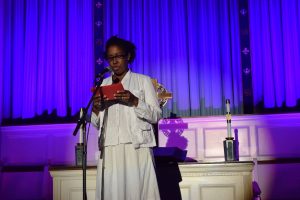
Freedom Walker
“There is a race passing by in front of me. It feels so surreal to see that above the cellar, life is continuing on. I see runners, all ages and shapes, mainly Caucasians. I see so clearly the current black and white American psyche, and how we carry on the ties to slavery. Caucasians need us to be a certain way so that they can thrive on top.”
As the turbulent feelings ebb and flow during Freedom Walker’s (formerly TinaLynn Dickerson) night in a cellar where former enslaved Africans once lived, she drifts off to sleep. She awakens to the voice of an unknown entity who awards her a new name and helps her see the current state of racism in America.
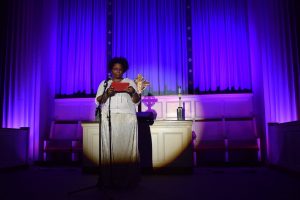
Tameka Ramsey
“Now we live side by side, one another, in many places in America, and in some ways we experience equality, but don’t be fooled too much by these optics: if something were to accidentally happen to one of our white hosts, and we needed to call paramedics and police, you’d be looking at a room full of terrified brown people, and that fear would feel very familiar to you. Most likely, given where we are, the authority that would respond would be a white man, and all of us, consciously or unconsciously, would say a silent prayer that he was a righteous one; that his baton won’t replace the whip.”
Tameka Ramsey addresses a letter to her ancestors, in which she reveals the truth about why history never interested her, until recently: it never felt like hers to learn.
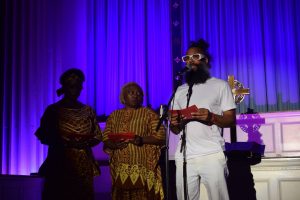
Micah
“Here in this church, I breathe. We breathe. We listen. Listen for the sounds of Truth. Listen for lost songs and shed tears in stone and wood. Think of this land and its ribbons of fields and trees. Think of running through them. Running through grasses and thorns where there are now houses and stores. Think of running for freedom in the dark of night.”
Micah knows the trials and tribulations he and his ancestors carry, and he’s not afraid to face them: in fact, he seeks them out to find his retribution and honor his past.
Learn More:
On August 6th, 2020, TMI Project kicked off their series Inside Black Stories Matter – a storytelling and roundtable discussion series that married the personal and the political with ideas for direct action for anti-racism. Host Jessieca McNabb was joined by workshop leaders Dara Lurie and Micah, and special guest Terry James from The Slave Dwelling Project. Freedom Walker shared her story. You can watch the program here and listen as they unpacked how the past connects us to the present.
Sponsors

#BlackStoriesMatter
“Reclaiming Our Time” is part of TMI Project’s larger body of work – Black Stories Matter Program.
Support Black Stories
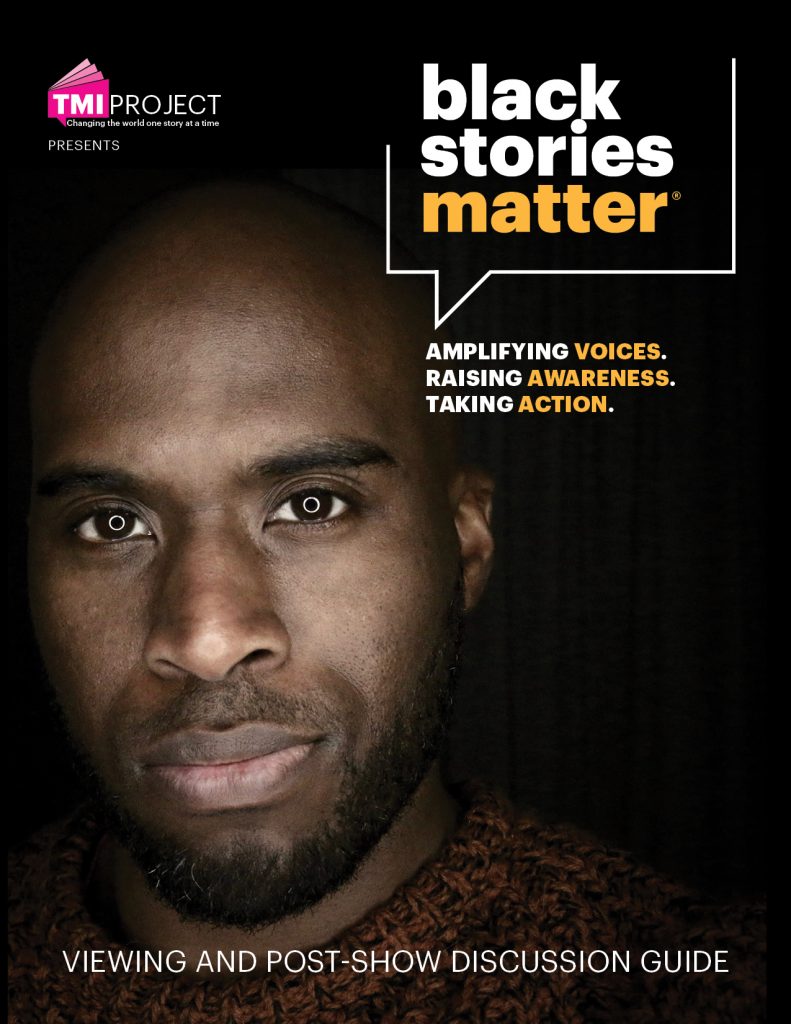
Bring a Black Stories Matter storytelling performance to your organization, community group or home by hosting a viewing party. Fill-out our form to access our Viewing and Discussion Guide.

